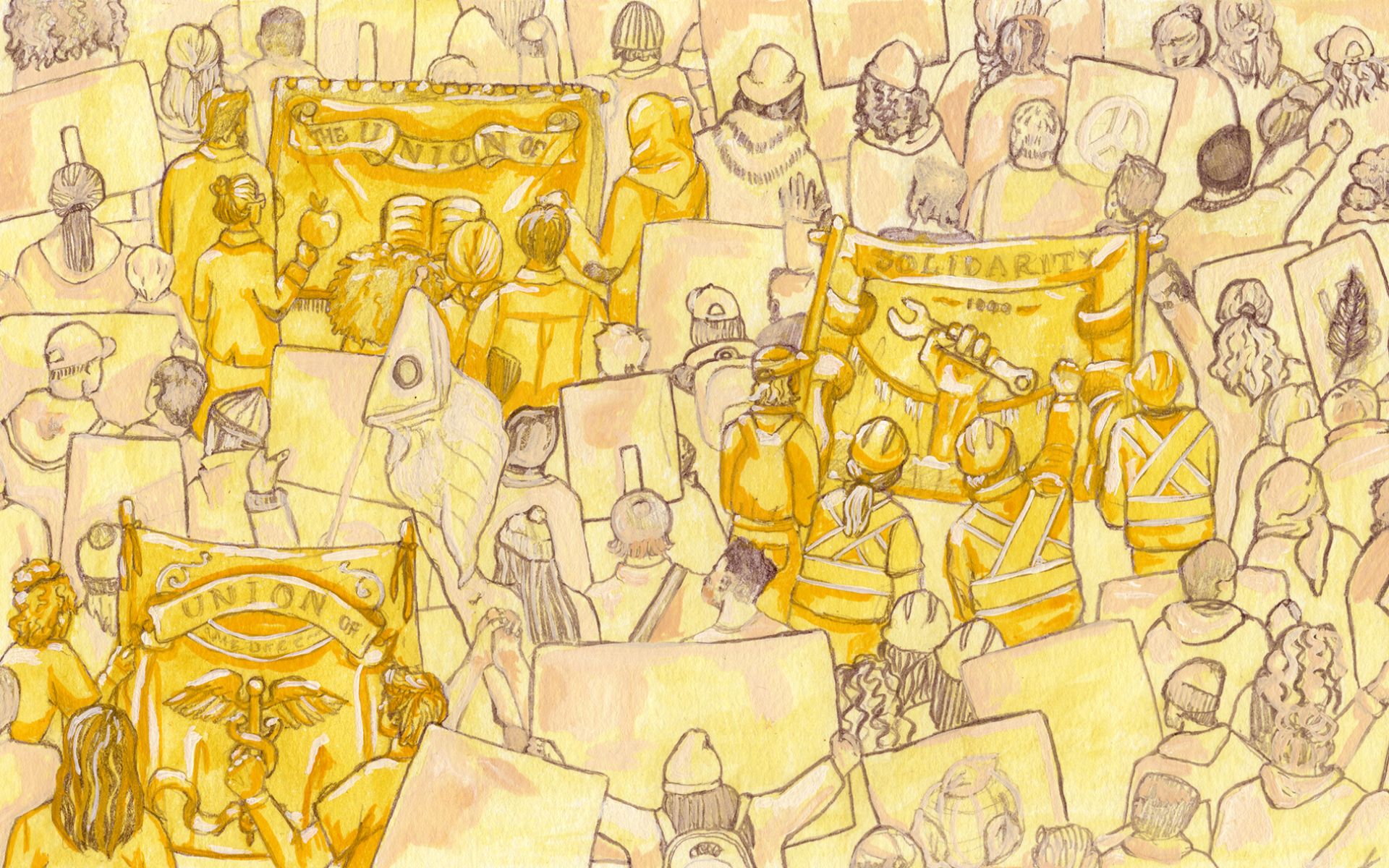Subscribe:
Computer algorithms have been revolutionizing industries since the dawn of Web 2.0, feeding us ads on popular social media platforms, matching drivers to passengers on ride-sharing apps, and changing the face of business logistics – particularly in warehouses.
Algorithms are popularly used to automate tasks. In their simplest form, they boil down to the following: “if x, then y.” One event triggers the next. When you complete an online order, for example, algorithms can automatically generate a shipping label, freeing up warehouse workers to complete your order quickly.
But this is just one kind of algorithmic application. Bing Bai, Assistant Professor of Operations Management at McGill University, is exploring new areas where they could be helpful. In an experiment, she discovered that warehouses can use a task-assignment algorithm to build trust among employees and boost productivity.
“I really want to think about different ways we can apply these algorithms,” said Professor Bai.
“Pickers” were the main subjects of her study. These are workers who pick items off warehouse shelves to prepare them for shipping. Every day, they receive “pick lists” from their manager, which tells them what items they will be picking that day.
For the most part, these pick lists are assigned to workers randomly. But, when human managers assign them, workers worry about the fairness of task distribution. Some pick lists include heavier items or may involve more travelling from one side of the warehouse to the other. These tasks require more work to complete, so it’s important to pickers that they’re distributed fairly.
In her experiment, Professor Bai introduced an algorithm that would assign pick lists randomly. When a machine is assigning tasks, the theory goes, potential bias should be less of a worry for workers.
To test this idea, workers were divided into two groups and monitored over 15 days. The first group received pick lists directly from a manager. The second received pick lists by scanning a bar code, which triggered an algorithm to select and display a pick list on their hand-held devices. Workers didn’t know the difficulty of the pick lists was carefully controlled to be consistent across both groups. From this point, all employees proceeded with their work as usual with pick lists displayed on their devices.
The experiment yielded some interesting findings. First, workers on average did, in fact, perceive the algorithm to be fairer in its assignments. Second, workers who received tasks from the algorithm were between 15.56 and 17.86 percent more efficient in their work.
Professor Bai attributes this boost in productivity to the increase in fairness perceptions. Low perceived fairness can lead to poor employee morale and worker attrition. In this case, the opposite seems to also be true: an increase in perceived fairness improves workers’ contribution to the company.
It’s not about whether the algorithm is truly fairer in task assignment outcomes. Rather, its true impact comes down to a sense of procedural justice: workers believe in the algorithm’s fairness. This is enough to quell their concerns about bias and increase their trust in the task-assignment process.
For Professor Bai, this is an exciting new area to explore. Not only are algorithms useful for automating tasks, but they can also build better relationships between managers and workers.
“Our research this time really shows workers’ appreciation of algorithms, especially in those labour-intensive settings where they prioritize equality.”
Read Professor Bai’s full study at SSRN.
This article is written by Eric Dicaire.
Delve is the official thought leadership platform of McGill University’s Desautels Faculty of Management. Subscribe to the Delve podcast on all major podcast platforms, including Apple podcasts and Spotify, and follow Delve on LinkedIn, Facebook, Twitter, Instagram, and YouTube.













